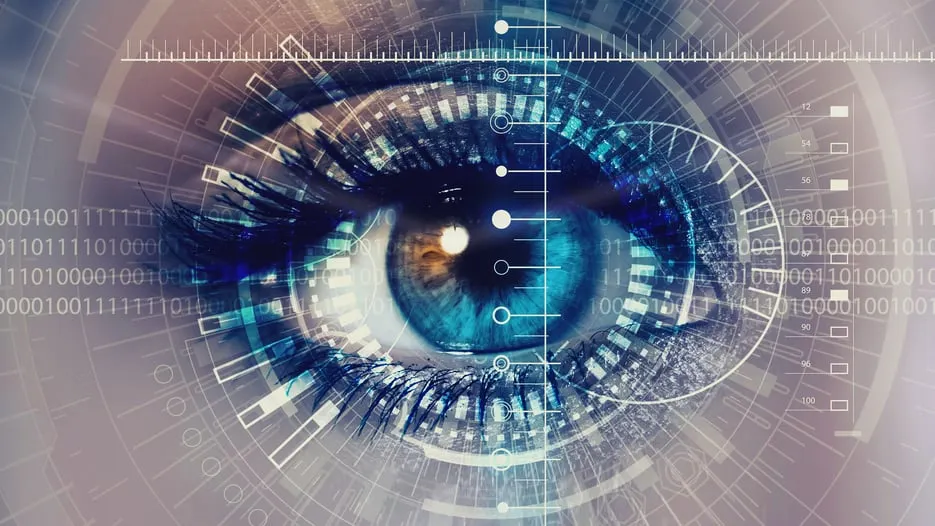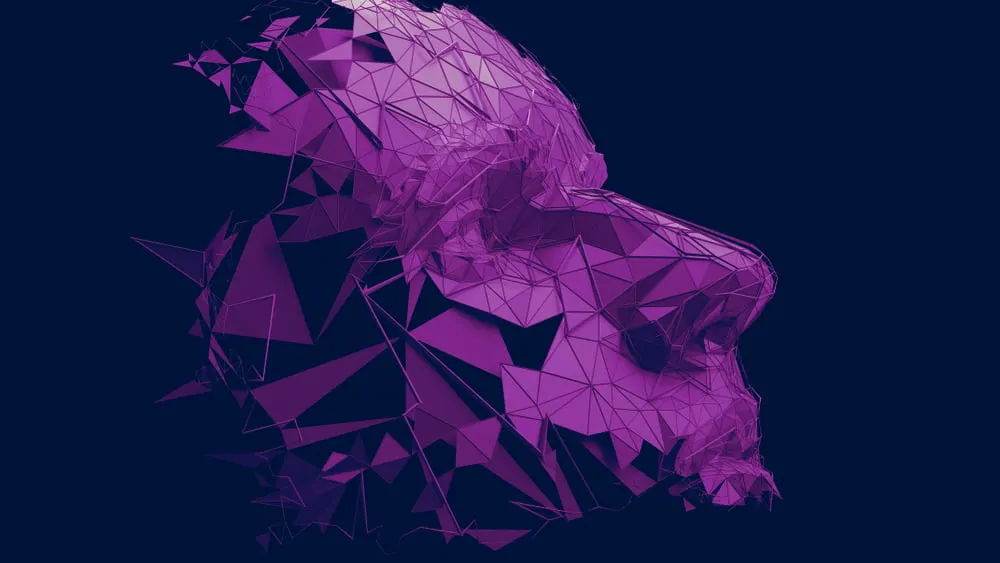In brief
- The coronavirus outbreak has accelerated initiatives focused on creating a global digital ID system.
- Governments and Big Tech are building surveillance apps to control the spread of COVID-19.
- But if the apps aren't built with privacy in mind they could be a dystopian disaster.
The United Nations, World Economic Forum, and Big Tech have been working together to create global digital IDs since 2014, in an effort recognized by the World Bank as important for sustainable development. Now the coronavirus is pushing this development even further.
The coronavirus pandemic has already prompted a shift towards a digital everything—including digital ID. With many people working from home, conferences are now being held virtually, work is being done remotely and people are having to sign documents electronically. But to prove that you’re you, digital ID is a must.

With more than 1.6 million confirmed cases of coronavirus and the death total set to hit 100,000 deaths in the next 24 hours, the effects of the virus haven’t stopped there. COVID-19 has had a huge impact on the global economy, with the US Federal Reserve resorting to printing money at a rate of $1 million a second just to keep it afloat.
Towards a technological surveillance regime
According to Jacob Nordangård, PhD student at Linköping University in Sweden and a speaker at the Eighth International Conference on Climate Change, this shows the world needs a global pandemic response.
“The COVID19 outbreak, with all its tragic consequences, happened to be the perfect trigger event to show the world the need for a global coordination and management of the planet, as well as the need for [a] technological surveillance regime in order to track and monitor all people and diseases (and the global value chains),” he said, in a blog post on April 6.
Tech companies and governments are already working together to build surveillance apps in order to control the spread of the coronavirus. There are at least 60 apps trying to collect this data—but while some are privacy-first, others are dystopian hellscapes.
Microsoft founder Bill Gates said, in a TED Talk last month, “Eventually we will have some digital certificates to show who has recovered or been tested recently or when we have a vaccine who has received it.”
A global identity system
Microsoft is already a founding member of a platform designed to create a global identity system, which could be used to track the spread of outbreaks, called ID2020.
ID2020 launched an alliance, funded by the Rockefeller Foundation and consulting firm Accenture, in 2017. The alliance’s main goals were also defined that year: to develop and test technological solutions for digital identity, and to work with governments and “existing, established agencies to implement these solutions.”
In the same year, the World Economic Forum stated, in a report called Digital Borders, that its goals—including for a global digital ID technology—should be prioritized because of threats such as pandemics.
The report identified key problems with the growing global population—in particular, the expected growth of international travel over the next decade. But in order to find a solution to such global problems, it said that a global digital ID is necessary.
What does a good digital ID look like? https://t.co/nCMBrdZrwT #technology pic.twitter.com/F3RmjRlYBJ
— World Economic Forum (@wef) May 8, 2019
“Yet, the proposed solutions are based on the premise that individuals have a recognized identity, when 1.5 billion people today do not,” the report stated. To ensure that such a framework is inclusive, the report added, “the broader issue of identity and digital identity has to be addressed to determine how to create effective and efficient digital identity management through acceptable global standards and norms.”
“The objective is to combine and enable the customer’s sharing of data and verified identity through a platform which, in turn, creates an effortless experience by connecting systems, facilitating passage and improving security,” it said.
Could a global digital ID threaten privacy?
A global digital ID could be used to track the spread of the coronavirus, to monitor travel and restrict the movement of those who are infected. In China, it’s already common to have your body temperature checked when you enter a building, if this data was matched to your ID—then you would have an identity that proved you weren’t infected.
But here’s the catch. It would give governments a lot of information and control over their citizens—which could be a bad idea.
Nordangård argues that the “utopian smart society” that is currently being built by ID2020 and its partners around the world may lead to people losing access to all basic human services—unless they opt-in and have their digital identity recorded.
“Just like the Social Credit system in China,” he added.
On the other hand, it’s possible for this information to be collected and stored in a privacy-preserving way. For example, Elastos is building a blockchain-based system that will log certain health information but where you own your own data.
Likewise, privacy-first protocol Enigma is building a coronavirus monitoring app that shares location data and infection status without revealing the personal data of the people involved.
Announcing SafeTrace - a platform for privacy-preserving contact tracing to help fight the COVID-19 pandemic. SafeTrace lets users share sensitive location and health data while protecting privacy. Come see what we've built and join us as collaborators! https://t.co/rNJLyp3Em1
— Enigma - We ❤️ Privacy (@EnigmaMPC) March 25, 2020
“It is possible to leverage the power of highly detailed, accurate and widespread data to fight viral infections, without putting individuals at risk by exposing this sensitive data,” it stated, in a blog post.
With governments around the world stepping up work on digital currencies, the world might be digital before we know it.

